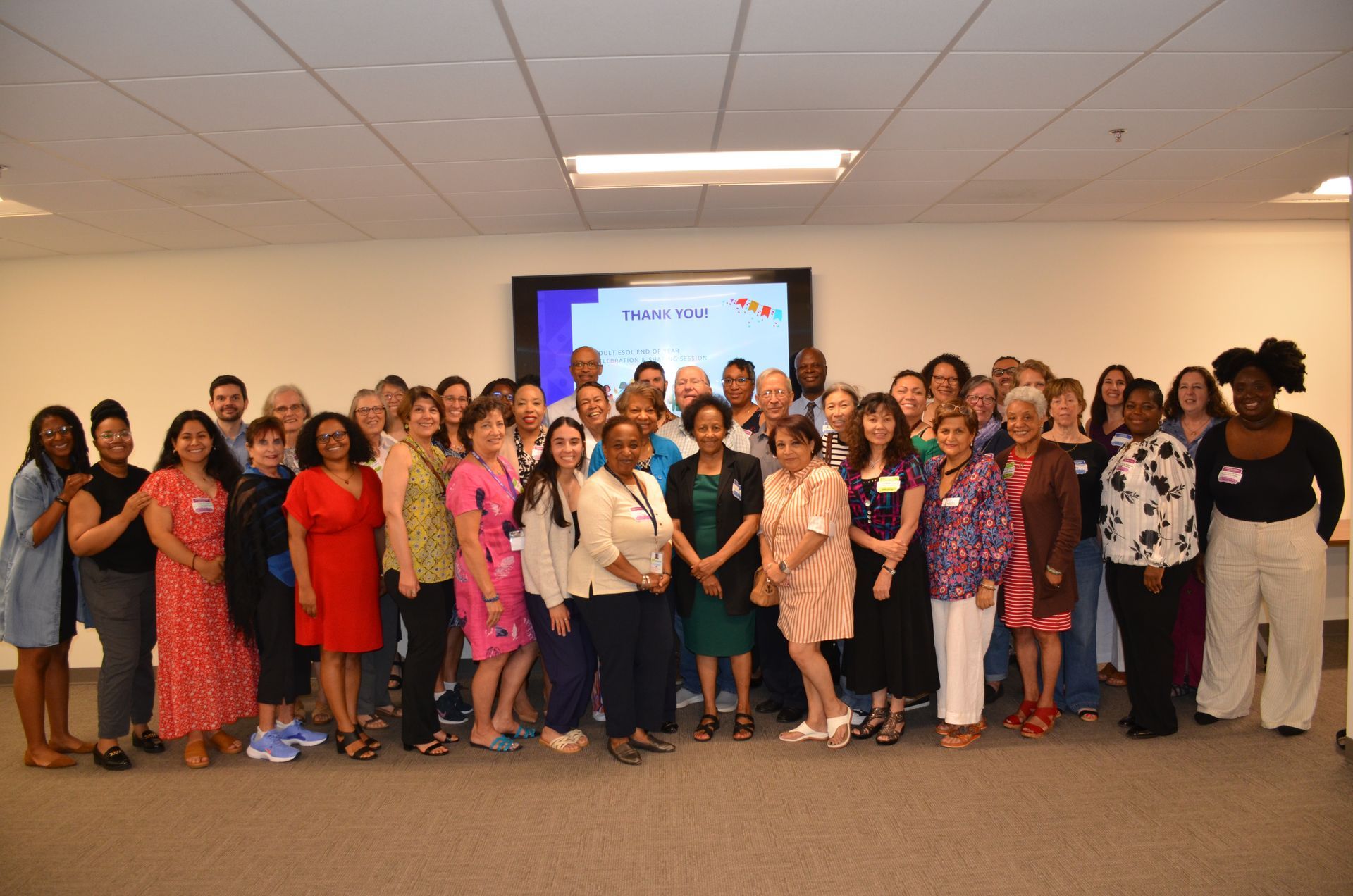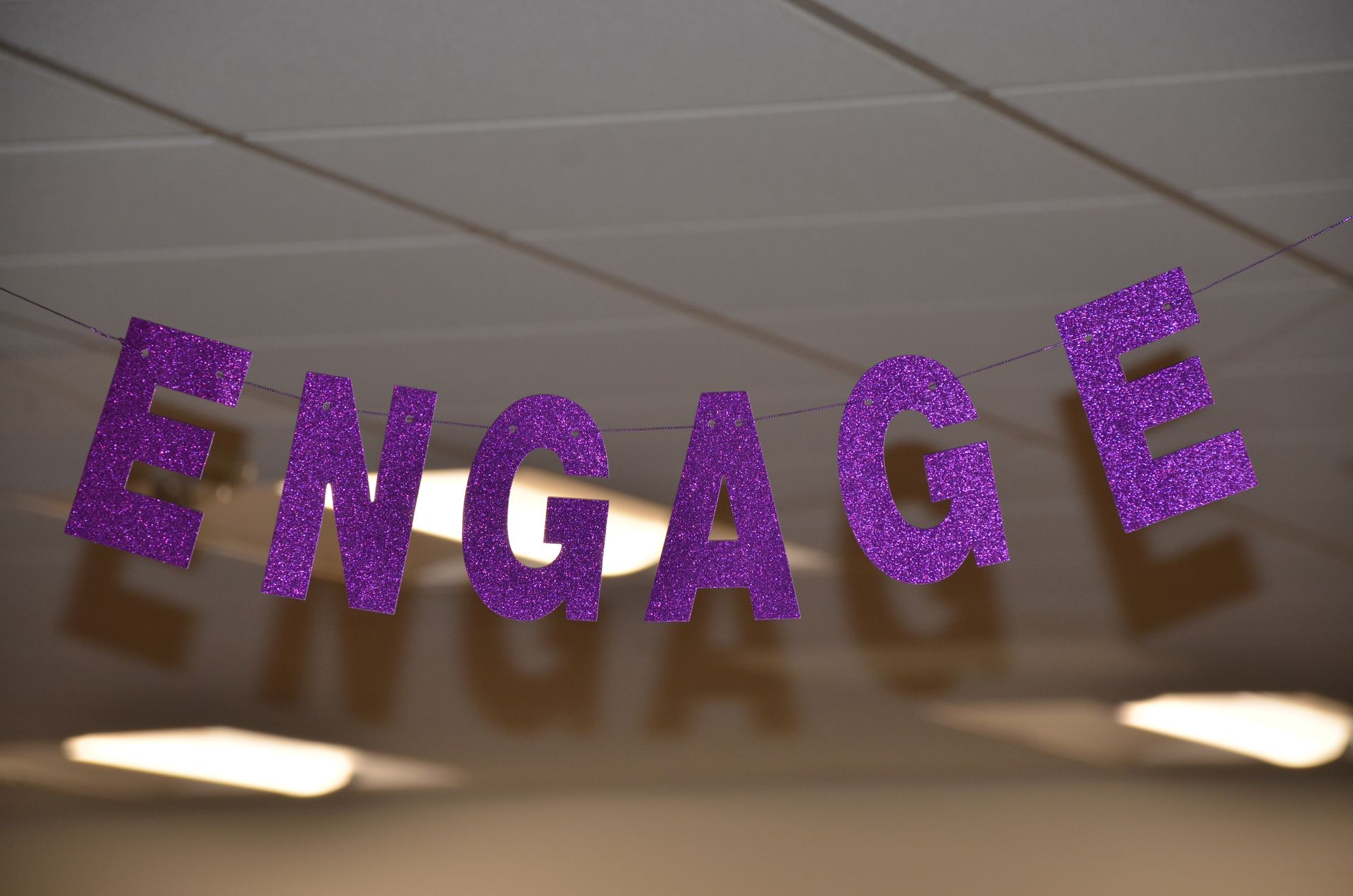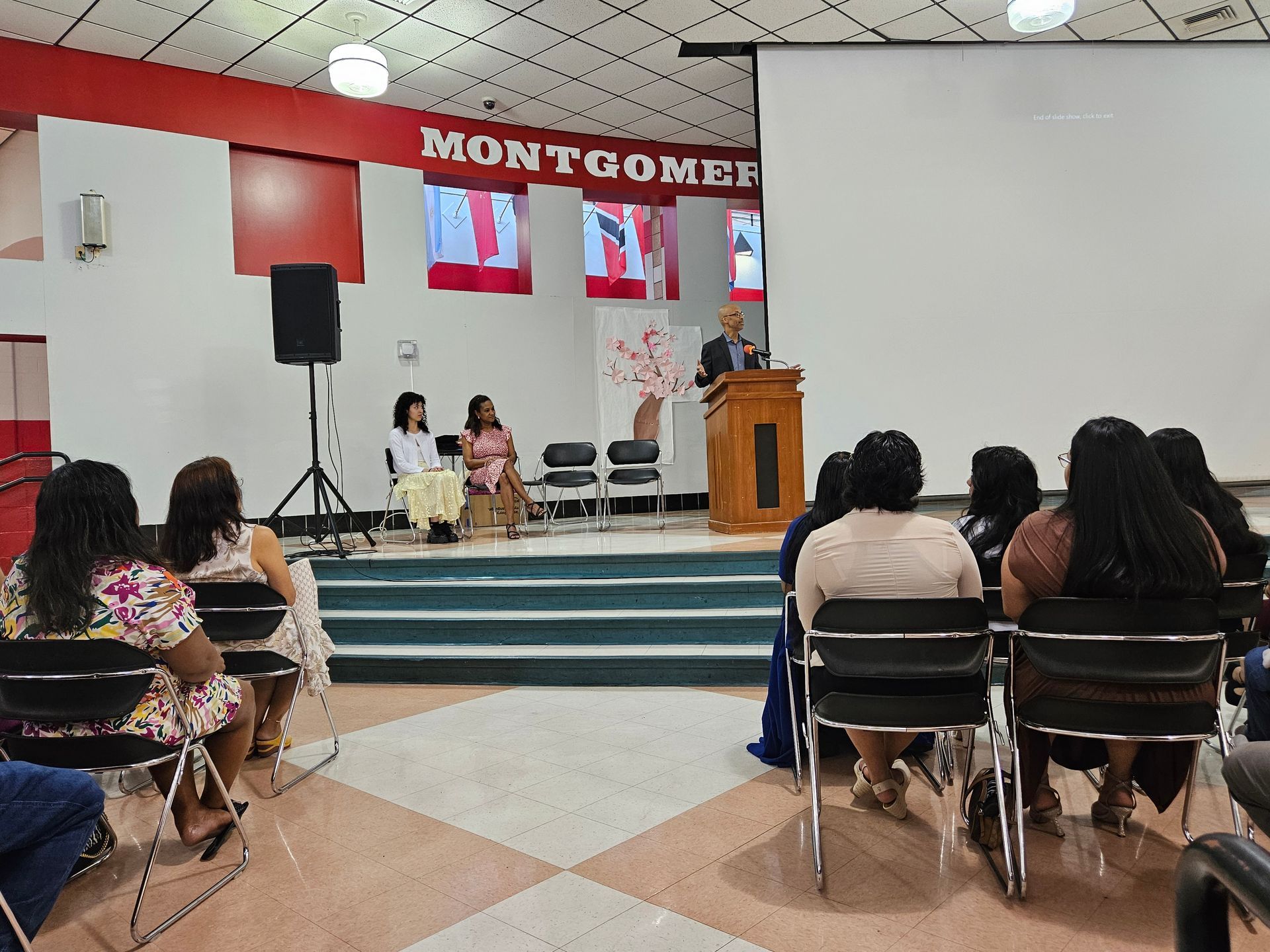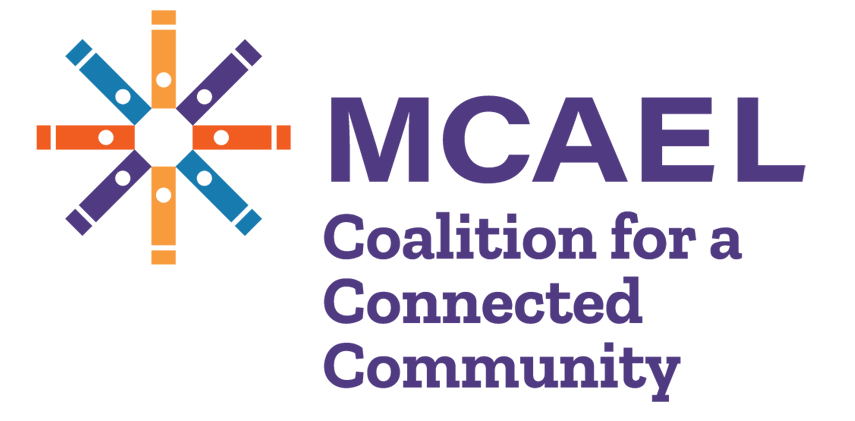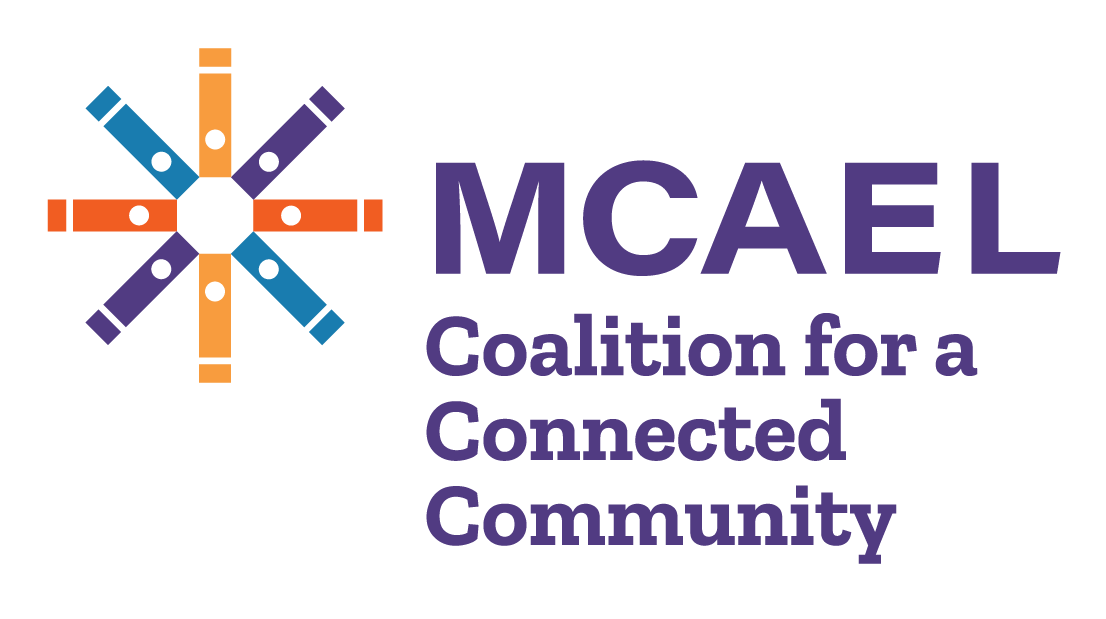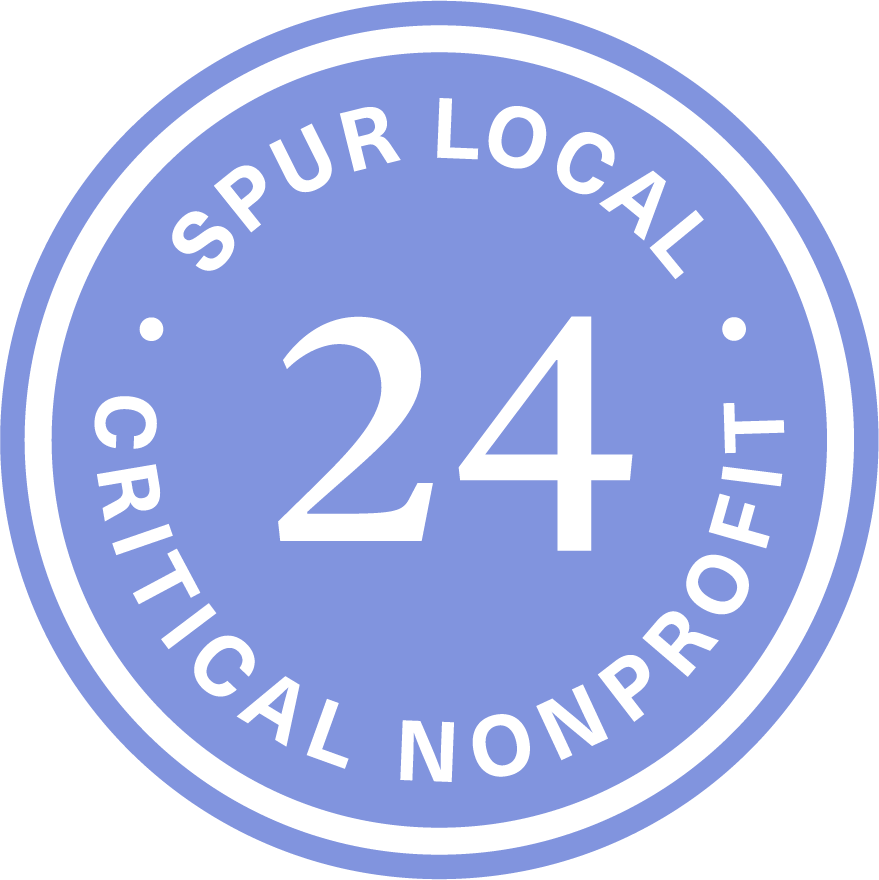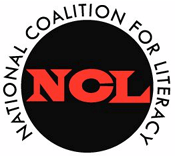Community Partnerships
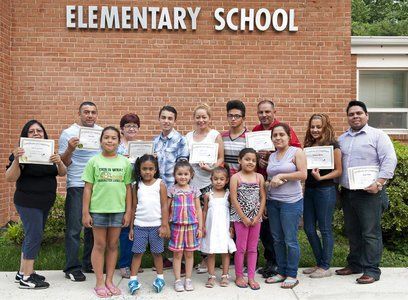
MCAEL and MCPS

Collaboration and connection between organizations and agencies that serve residents helps increase access to English classes that our immigrant neighbors want and need. Montgomery County Public Schools (MCPS)
is a key partner to MCAEL. We want to thank the Board of Education for hearing testimony from MCAEL last month.
Public schools are a hub not only for educating our young residents – schools have opened their doors to host English classes for parents as well. Programs like Casa's Life Skills program or Linkages to Learning's Adult English Literacy program for parents, host rigorous evening programs for adults. Immigrant families are setting goals and are going back to school together.
Programs like these are key to success for kids and adults. Quality instruction leads to educational outcomes for adults just as it does for children. One of the key indicators of a child’s success in school is their parents’ (in particular mother’s) literacy.
Some of MCAEL’s current work vis-à-vis the schools:
- Funding for programs that are focused on MCPS parents through programs like Linkages to Learning Adult ESOL classes and George B. Thomas Saturday School classes.
- Many MCAEL funded programs such as the Literacy Council of Montgomery County and CASA reserve space for evening classes at MCPS high schools.
- MCPS ESOL teachers attend MCAEL Professional Development Institute workshops and trainings, as well as use the Provider Directory to refer parents to classes. https://mcael.org/providers
Looking ahead to our continued work together:
MCAEL has a new strategic plan ( https://mcael.org/sites/default/files/mcael_strategic_plan_2018-2021.pdf
) which includes a goal to increase the number of adults served each year from 15,000 to 21,000 by 2021. We are working to increase access points to meet adults’ needs, such as opportunities to bring classes to working adults at their places of employment and to support our youngest community members through early care workers and their parents.
Our data shows that women outnumber men in MCAEL classes by about 2:1. The average age of women in these classes is 38. If we were to match that with MCPS data, it stands to reason that many of the women in MCAEL classes have school age children. Our mutual goals and successes are tied together.
MCAEL is often contacted by PTA presidents and other parents and teachers with inquiries about starting classes for parents at schools. We look forward to continued work with MCPS to identify areas of need and connect MCAEL programs with those schools in need.
